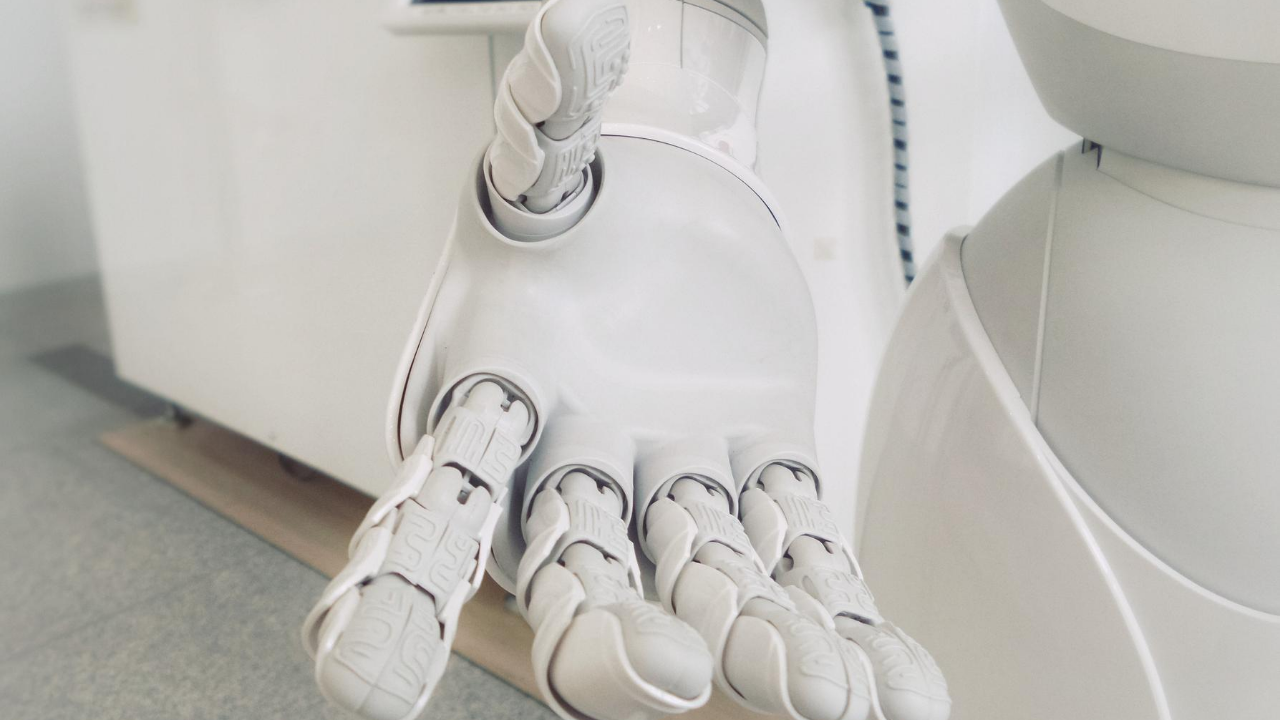Just as the world seemed to be returning to normal, a spike in COVID-19 cases has caused global economic growth to slow down once again.
Many companies have been impacted by two major factors throughout the pandemic: significant changes in consumer behavior and the disruption of the workplace.
The workplace in particular has long been approaching a new, digitally-fueled environment that values flexibility. However, companies have undergone years of transformation in just a few months. Now, video conferencing, collaboration, online learning and telehealth have quickly become integral parts of our lives.
The future of work concept has predicted these changes for years now, but the pandemic has accelerated them into reality. Resources and tools like AI and automation that may have seemed far-fetched just six months ago are now being readily adopted to maintain the same level of efficiency and productivity as company’s adjust their daily operations to keep employees safe.
Additionally, the past few months have been the ultimate test for a company’s preparedness during times of crises. While many have successfully transitioned to a remote workforce, research has found that the true test of a company’s readiness is their worker’s abilities to work alongside technology.
Overall, although the future of work is here and now, it will take continued willingness to adapt to new technology to operate a company strategically in the midst of this uncertainty.















